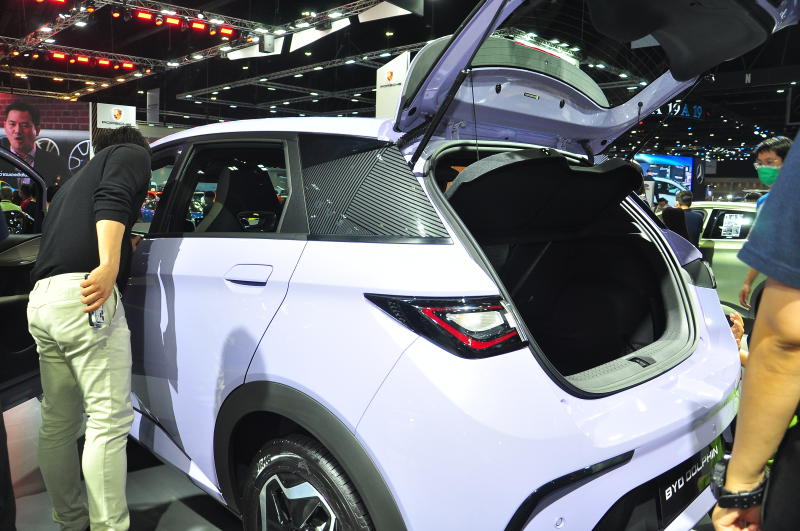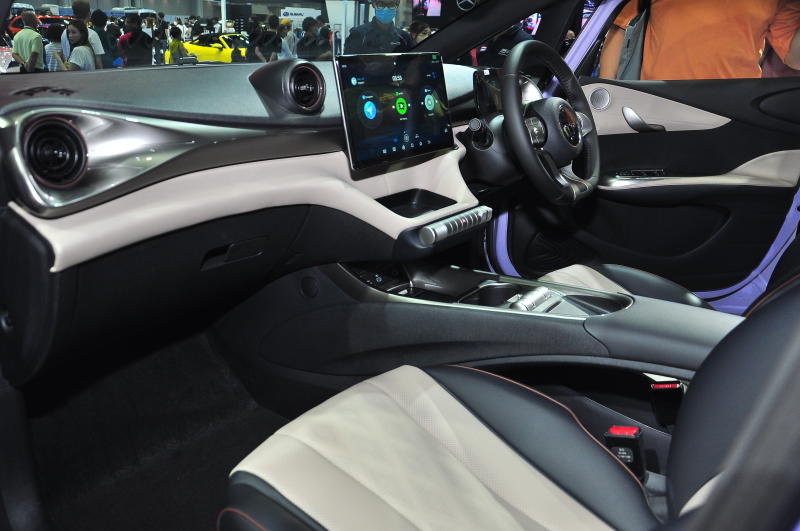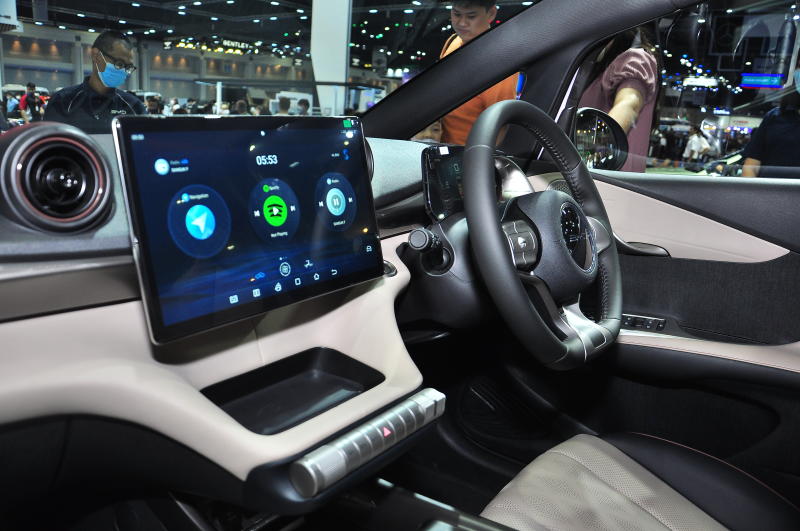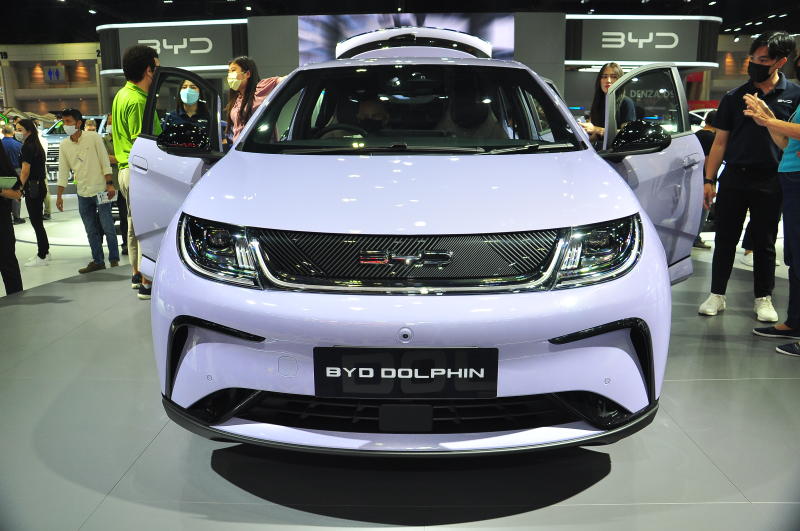KUALA LUMPUR: With government tax incentives, more public battery charging points for battery electric vehicles (BEVs) and accessibly priced new models, the adoption of such zero emission cars is expected to rise quickly in Malaysia in the next few years.
According to Malaysian Automotive Association (MAA) data, a total of 2,631 EVs were sold in Malaysia in 2022 - a tiny fraction of the automotive total industry volume (TIV) in the country, which hit a record high of 720,658 units last year.
Still, MAA’s data does not include EVs imported via parallel channels or the grey market.
In December 2022, Road Transport Department director-general Datuk Zailani Hashim had said about 10,000 BEVs are registered in Malaysia.
Datuk Thiruchandran Thiruchelvam from Charge N Go Sdn Bhd, a local EV charge point operator, told The Star that the next 10 years would see a a total transformation of the transport industry, in terms of electrification.
“It is not just a couple of fancy EVs coming (into the country). Besides climate change, the primary driver for vehicle electrification is the falling prices of the EV battery,” he said.
Thiruchandran said in the last 10 years, prices of EV batteries have dropped by around 90% - resulting in EVs getting closer to reaching price parity with cars powered by internal combustion engines (ICE).
“Studies are forecasting that between 2025 and 2030, EVs will be as cheap as the ICE cars. Initially, price parity will be achieved for compact cars but by 2030, EVs may be cheaper than ICE cars in all segments including larger vehicles,” he said.

However, an international research paper published in March 2023 on Nature Communications (www.nature.com) pointed out that a recent surge in prices of lithium, cobalt, nickel, and manganese, four critical materials in EV batteries, could significantly impact production costs, and thus, hinder EV uptake.
The research paper, entitled “China’s electric vehicle and climate ambitions jeopardised by surging critical material prices”, noted that higher prices for EVs would make ICE cars more economically attractive.
“The long-term supply and demand analysis of these critical materials suggests persistent and deepening shortage of their supply. According to the International Energy Agency, at least 30 times as much lithium, nickel, and other key minerals would be required by the EV industry by 2040 to meet global climate targets, which far outstrips the committed mine production of these minerals,” said the researchers.
Regarding range anxiety for EV owners, especially on long-distance trips where EV charging points would be lacking on road stretches, Thiruchandran pointed out that many EVs offer a 300km to 400km range nowadays.
“Statistics show that the average Malaysian driver records about 2,000km per month. While the public EV charging infrastructure is still in the early stages, EV drivers should be able to charge their cars on long-distance trips, with some planning ahead,” he said.

Ministry of Investment, Trade and Industry’s (MITI) industrial development division senior director Datuk Hanafi Sakri had recently said the country currently has 900 EV charging points, and this is expected to grow to 4,000 charging points this year.
Investment, Trade and Industry Minister Tengku Datuk Seri Zafrul Abdul Aziz also noted that by 2025, the government aims to provide 10,000 public charging facilities comprising 9,000 units of alternate current type and 1,000 units of direct current type.
Still, Thiruchandran noted that unlike those staying in landed properties, high-rise residents would have issues charging their EVs.
“This is something that needs to be addressed, if we want to encourage EV adoption.
Given the growing numbers of EVs, of course we need to build more charging points,” said Thiruchandran.
Meanwhile, as seen in Japan and the European Union, government rollout of financial incentives such as purchase subsidies and tax sweeteners are critical for pushing BEV adoption.
The revised Budget 2023, tabled in February, had proposed that duty exemptions for fully imported and locally-assembled EVs be extended till end-2025 and end-2027 respectively.
Also, import tax exemption for components used in local assembly of EVs would be extended by two years to end-2027.
Under Budget 2023, EV charging equipment manufacturers get 100% income tax exemption for assessment years 2023 to 2032, as well as 100% investment tax allowance for five years.
Also, companies that rent EVs get tax deductions (maximum eligible rental amount is RM300,000).

Meanwhile, Petronas’ clean energy solutions unit Gentari will provide 500 units of EV charging facilities throughout the country, while national utility Tenaga Nasional Bhd will install EV charging facilities at 70 focal locations.
As for the high prices of BEVs which are mainly offered by premium and luxury marques, the arrival of more China-made models may be a game changer.
The fourth quarter of 2023 may see the arrival of BYD’s B-segment all-electric Dolphin compact five-door hatchback, with 2023 prices in China ranging from 116,800 yuan (RM76,165) to 136,800 yuan (RM89,208).
The Dolphin (up to 401km on a full charge) could see strong demand here if it is priced below RM100,000.
















